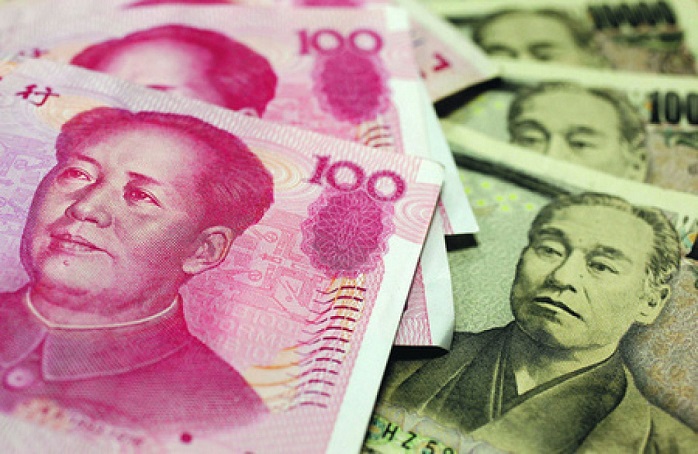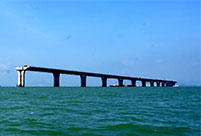


According to the data provided by international payment system, the Society for Worldwide Interbank Financial Telecommunications (SWIFT), the Chinese yuan overtakes Japanese yen in terms of value, giving the RMB #4 in place in the ranking of world payment currencies.
SWIFT data reports that a significant increase in the use of yuan is observed during the last week of August, reportedly due to China’s concern over its economy, as well as its worry that the devaluation could lead to market volatility.
Chinese yuan accounted for only 2.8% of global payments in terms of value in August, while the top three in the ranking account for much more; the US dollar at 44.8%, euro at 27.2%, and pound at 8.5%. However, the amount of yuan-usage and the number of FX transactions shows a steady increase. Comparing with the year of 2012, the RMB ranked #12 with a share of only 0.84%.
After People’s Bank of China made an unexpected devaluation of yuan, the value of RMB hit the largest single-day drop in 20 years. On this note, Chinese government claims the act of devaluation is intended for the market to play a better role in building the formation mechanism of RMB exchange rate.
SWIFT data further shows that the number of FX trades in RMB exceeded 1 Million in August, 2015. The RMB FX trading value also increased by 50% compared with the previous year. Comparing with July 2015, FX transactions by value increased by 20%, probably due to the devaluation of yuan by the People’s Bank of China.
Currently, there are 100 countries obtaining 1,000 some banks that allow the usage of yuan as the currency of payment towards China’s mainland, as well as Hong Kong. The number has increased 20% comparing with two years prior. Though about 70% of RMB payments are made in Hong Kong, rescently there are new offshore RMB centres built globally, including Kuala Lumpur, Sydney, and Bangkok.
“Given the important role that China plays in regional and global economy and commercial business, the RMB trading has become very critical,” says Chris Knight, head of electronic trading in Asia of Standard Chartered Bank.
 Top 10 nominated designs at BJDW
Top 10 nominated designs at BJDW Fashion show staged in Forbidden City at night
Fashion show staged in Forbidden City at night Construction of HK-Zhuhai-Macao Bridge enters final stage
Construction of HK-Zhuhai-Macao Bridge enters final stage Model of heavy-lift copter makes debuts at Tianjin expo
Model of heavy-lift copter makes debuts at Tianjin expo Art photos of Chinese beauty in Han Chinese clothing
Art photos of Chinese beauty in Han Chinese clothing Stunning photos of air show in China’s V-Day parade
Stunning photos of air show in China’s V-Day parade Models change clothes on street in Hangzhou
Models change clothes on street in Hangzhou Charming Chinese female soldiers
Charming Chinese female soldiers Beauty vs. muscular man
Beauty vs. muscular man Rising to the challenge
Rising to the challenge Rand report echoes Cold War mind-set, overstates threats
Rand report echoes Cold War mind-set, overstates threats Inland nuke plants crucial to energy future
Inland nuke plants crucial to energy future Communist confrontation
Communist confrontationDay|Week